The ibis is a tall, elegant bird with a long curved beak. Known for walking slowly through water while searching for food, the ibis is calm, clever, and often found near rivers, lakes, and wetlands. In many cultures, the ibis is seen as a sacred or lucky bird.
Scientific Classification
-
Kingdom: Animalia
-
Phylum: Chordata
-
Class: Aves
-
Order: Pelecaniformes
-
Family: Threskiornithidae
-
Genus: Threskiornis, Eudocimus, and others
Common Names
-
Ibis
-
Sacred Ibis
-
Glossy Ibis
-
Scarlet Ibis
-
Hadeda Ibis (Africa)
Geographic Distribution
Ibises are found in Africa, Asia, Australia, and the Americas.
They prefer areas near:
-
Wetlands
-
Rivers
-
Lakes
-
Marshes
-
Rice fields and shallow shores
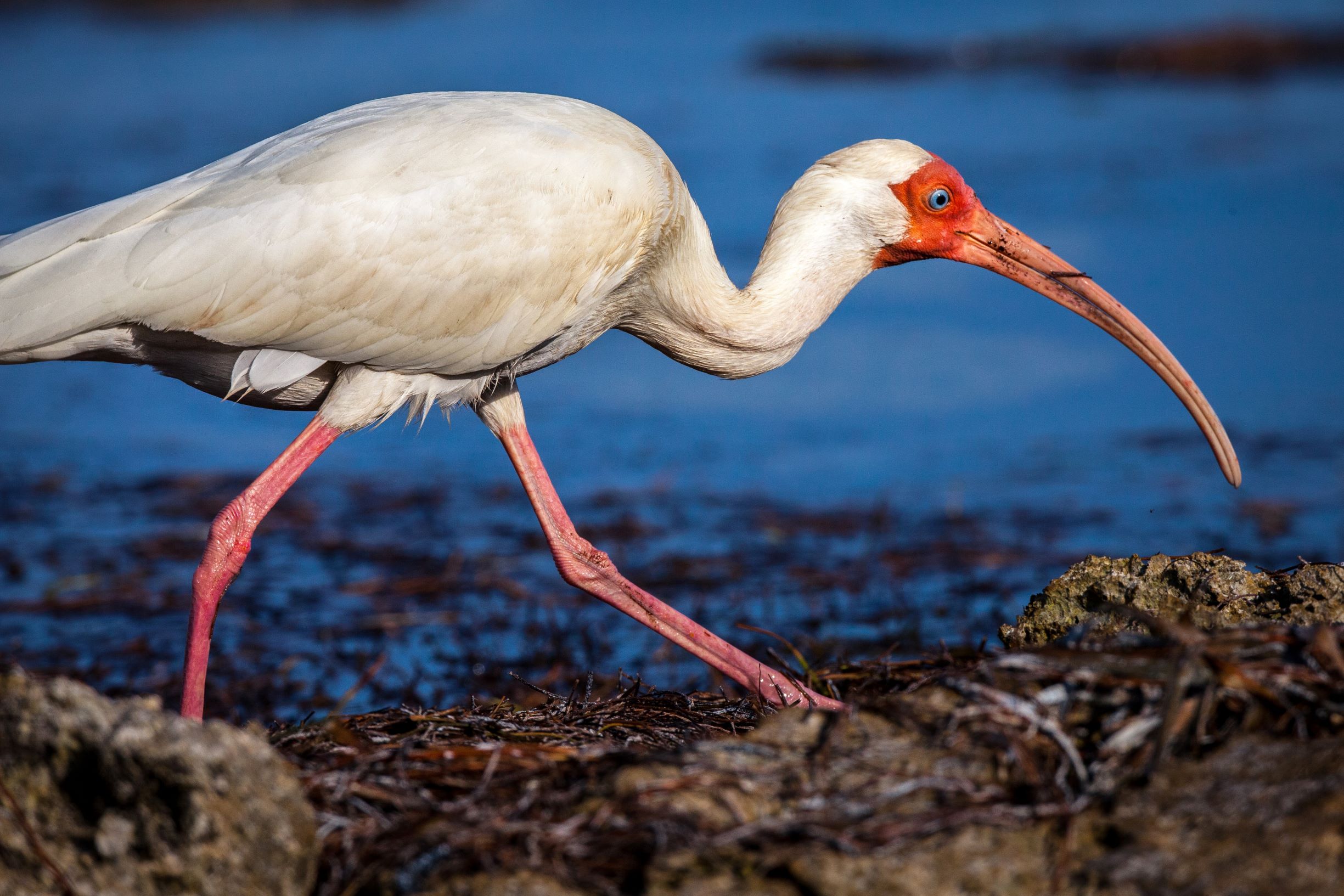 Image showing a White ibis walking slowly in a wetland (Source: National Marine Sanctuary Foundation)
Image showing a White ibis walking slowly in a wetland (Source: National Marine Sanctuary Foundation)
Physical Characteristics
-
Size: 55 to 75 cm in length
-
Wingspan: About 90 to 120 cm
-
Weight: 0.8 to 1.5 kg
-
Color: Can be white, black, glossy, or bright red (scarlet)
-
Beak: Long and curved downward
-
Legs: Long and thin, perfect for wading in water
Common species of Ibis
1. Sacred Ibis
 Image showing a Sacred ibis with black head and white body (Source: Picture Bird)
Image showing a Sacred ibis with black head and white body (Source: Picture Bird)
Key Facts:
-
Once worshipped in ancient Egypt
-
White body with black head and neck
-
Found across sub-Saharan Africa
-
Eats insects, fish, frogs, and even garbage
2. Hadeda Ibis
 Image showing a Hadeda ibis calling out with open beak (Source: letting nature back in)
Image showing a Hadeda ibis calling out with open beak (Source: letting nature back in)
Key Facts:
-
Found mainly in southern Africa
-
Grey-brown with shiny green wings
-
Very loud call, often heard early in the morning
-
Common in gardens and urban areas
3. Scarlet Ibis

Key Facts:
-
Found in South America and the Caribbean
-
Vibrant red feathers (from eating red crustaceans)
-
Lives in mangroves and coastal swamps
-
National bird of Trinidad and Tobago
What do Ibises eat?
Ibises are omnivores, which means they eat both plants and animals.
Their diet includes:
-
Insects
-
Crabs and small fish
-
Frogs and snails
-
Worms
-
Sometimes seeds and grains
They use their long beak to feel and catch food in mud or water.
Fun facts about Ibises
-
The Ancient Egyptians believed the Sacred Ibis was linked to the god of wisdom.
-
Ibises often live in large groups called colonies.
-
Their beak can sense movement in the water, even in darkness.
-
The Hadeda Ibis is jokingly called an “African alarm clock” because of its loud voice.
-
Some ibises fly in a V-shape when migrating long distances.
Importance to Humans
Positive Roles:
-
Help control insect and snail populations
-
Clean up dead animals and waste
-
Add beauty to nature and attract bird watchers
-
Important in many cultures and religions
Challenges:
-
Sometimes seen as pests in farms or cities
-
Can carry parasites if feeding in dirty places
-
Some species are harmed by pollution and habitat loss
Health & common issues
Most ibises in the wild stay healthy, but captive or rescued ones may need care.
Common Health Issues:
-
Wing injuries (from wires or attacks)
-
Beak damage
-
Parasites and dirty feathers
-
Starvation during drought
Care Tips (for sanctuaries or zoos):
-
Large space to walk and fly
-
Clean water to wade in
-
Proper diet (with protein and veggies)
-
Quiet, shaded resting areas
Conservation Status
Some species like the Sacred Ibis and Hadeda Ibis are common and not endangered.
Others, like the Northern Bald Ibis, are endangered due to:
-
Habitat destruction
-
Hunting
-
Pollution and climate change
Groups across the world are working to protect wetlands and breeding areas.
Ibis vs Heron
| Feature | Ibis | Heron |
|---|---|---|
| Beak Shape | Long and curved downward | Long and straight |
| Body Size | Often shorter | Usually taller and thinner |
| Voice | Loud (like Hadeda) | Quieter |
| Feeding Style | Probes with beak | Stabs with beak |
Ibises are peaceful, social birds that bring life to wetlands and riverbanks. With their graceful walk, curved beaks, and gentle behavior, they remind us of the importance of water, balance, and quiet strength in nature.
 Image showing a white ibis flying (Source: iStock)
Image showing a white ibis flying (Source: iStock)
If you need advice on exotic bird care or want to rescue a wild bird, you can visit us at Doctor Hulk Veterinary Hospital, or call 08143397614.





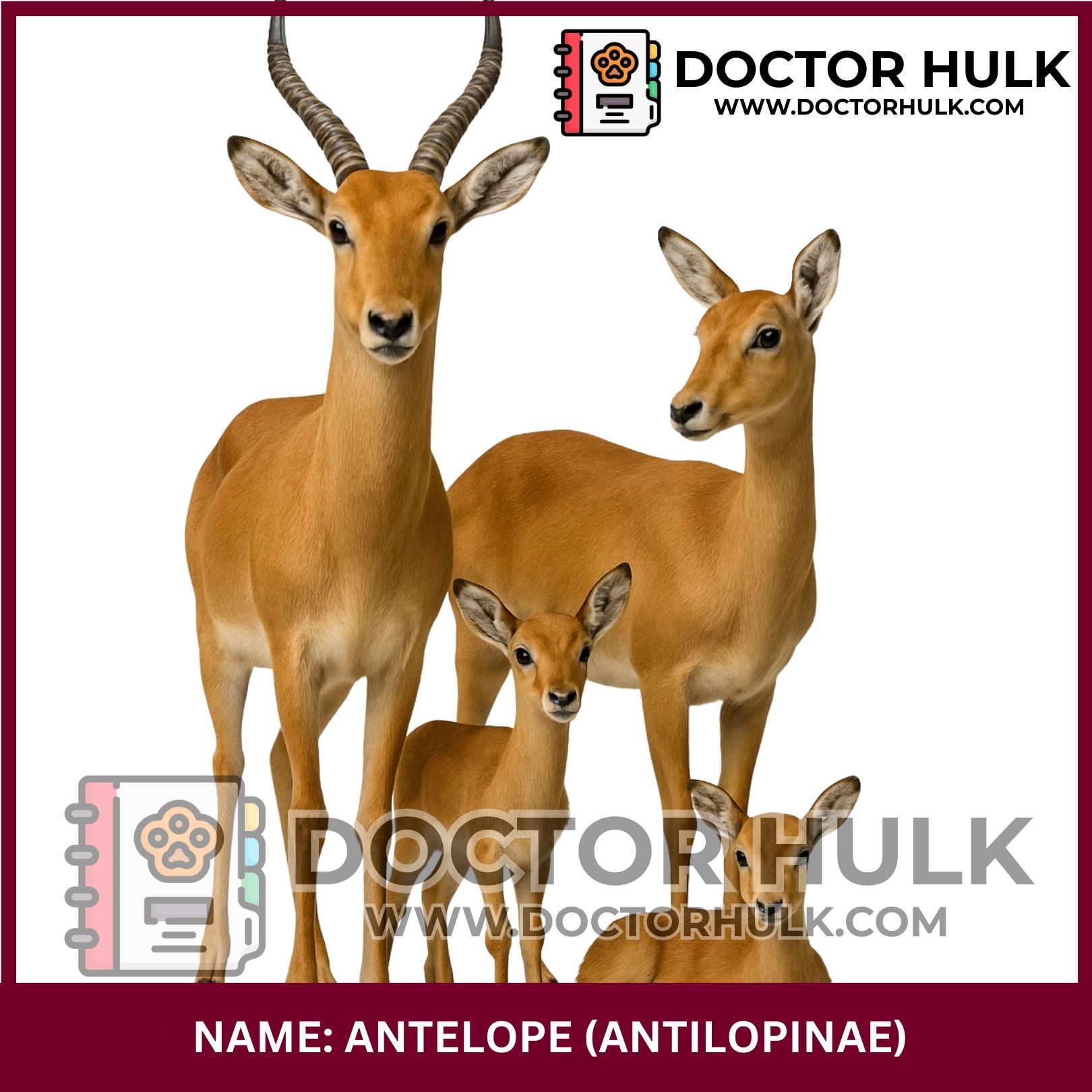
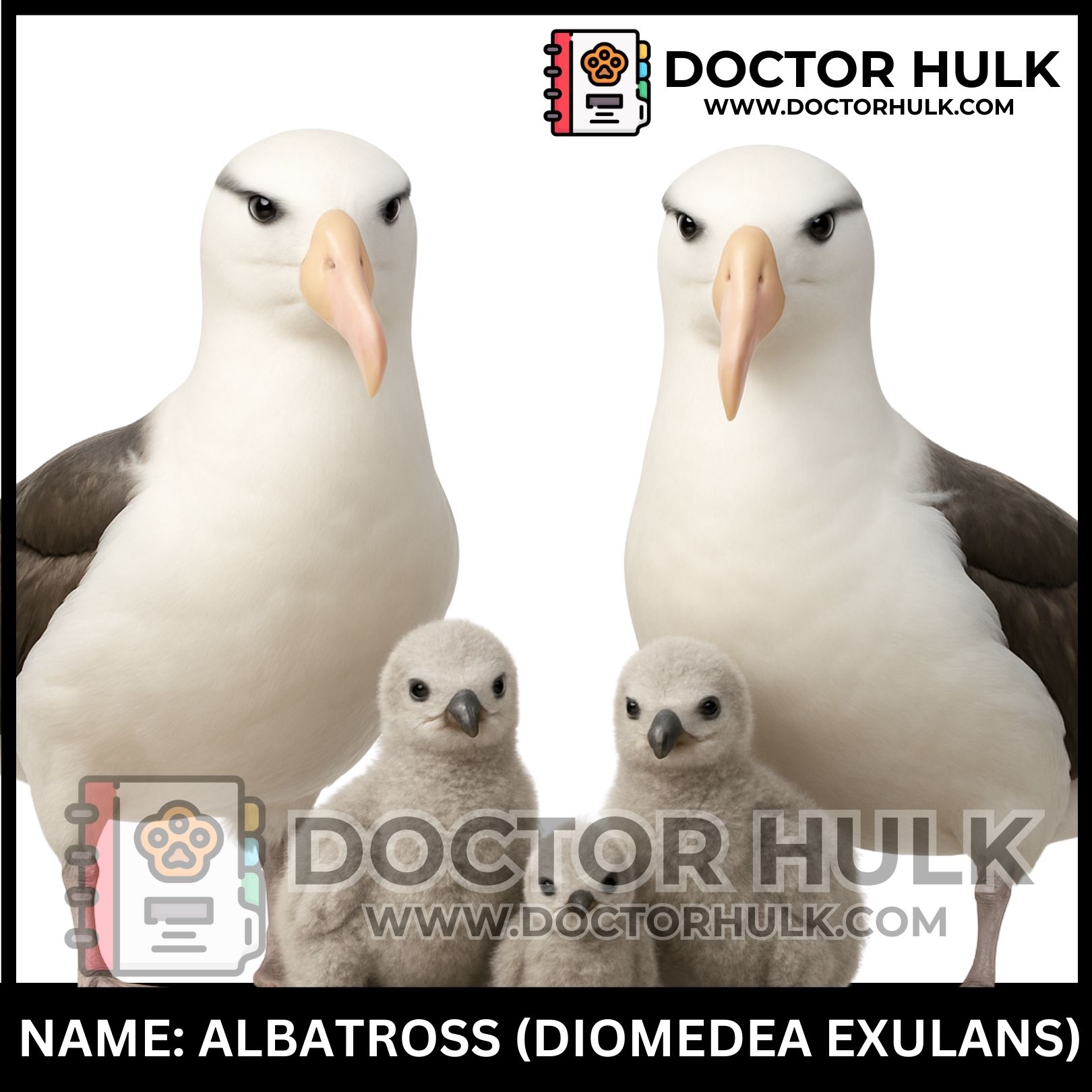

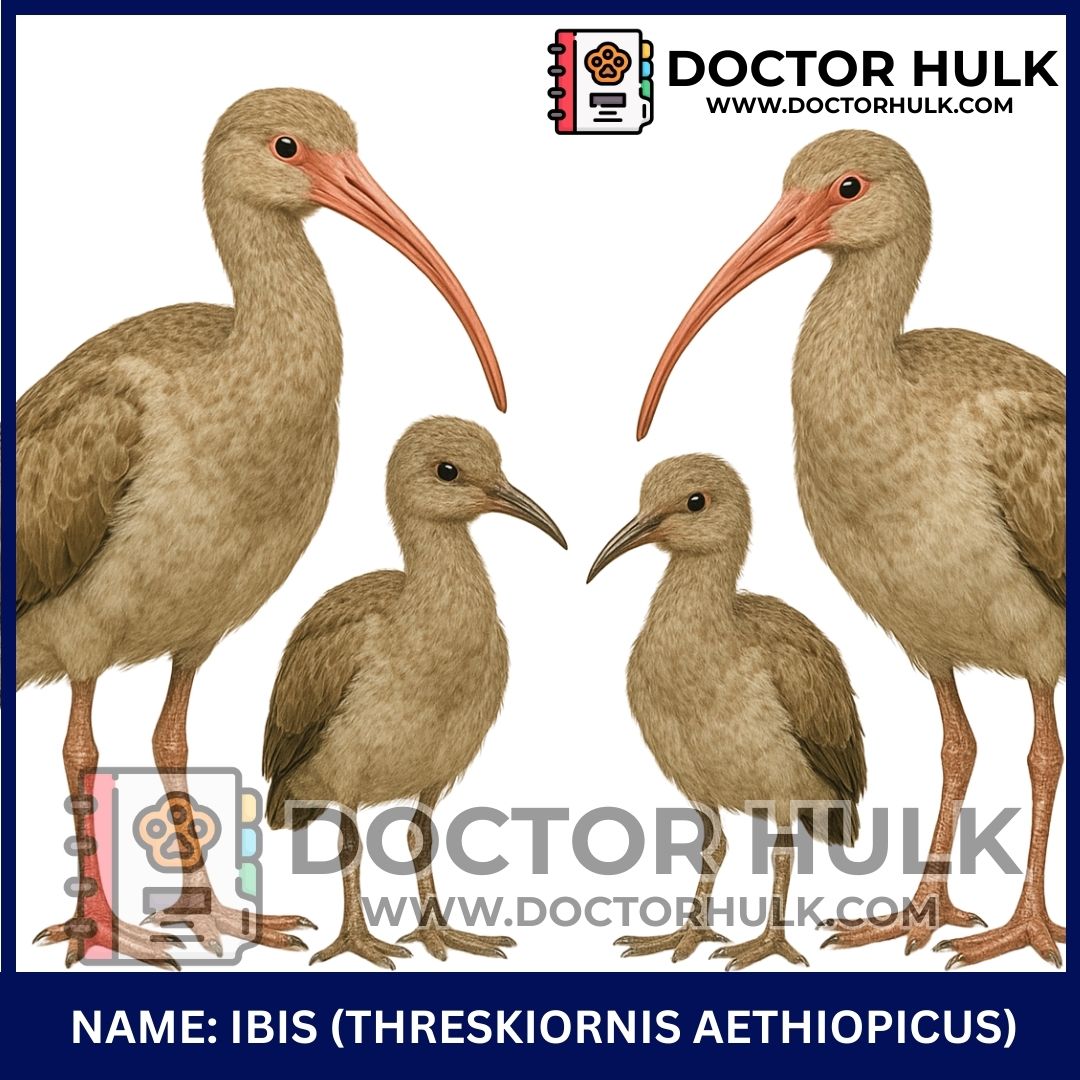

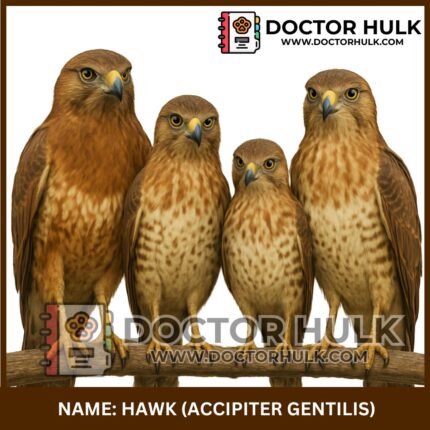


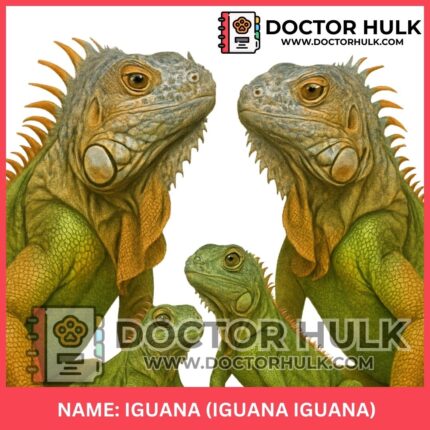


Reviews
There are no reviews yet.